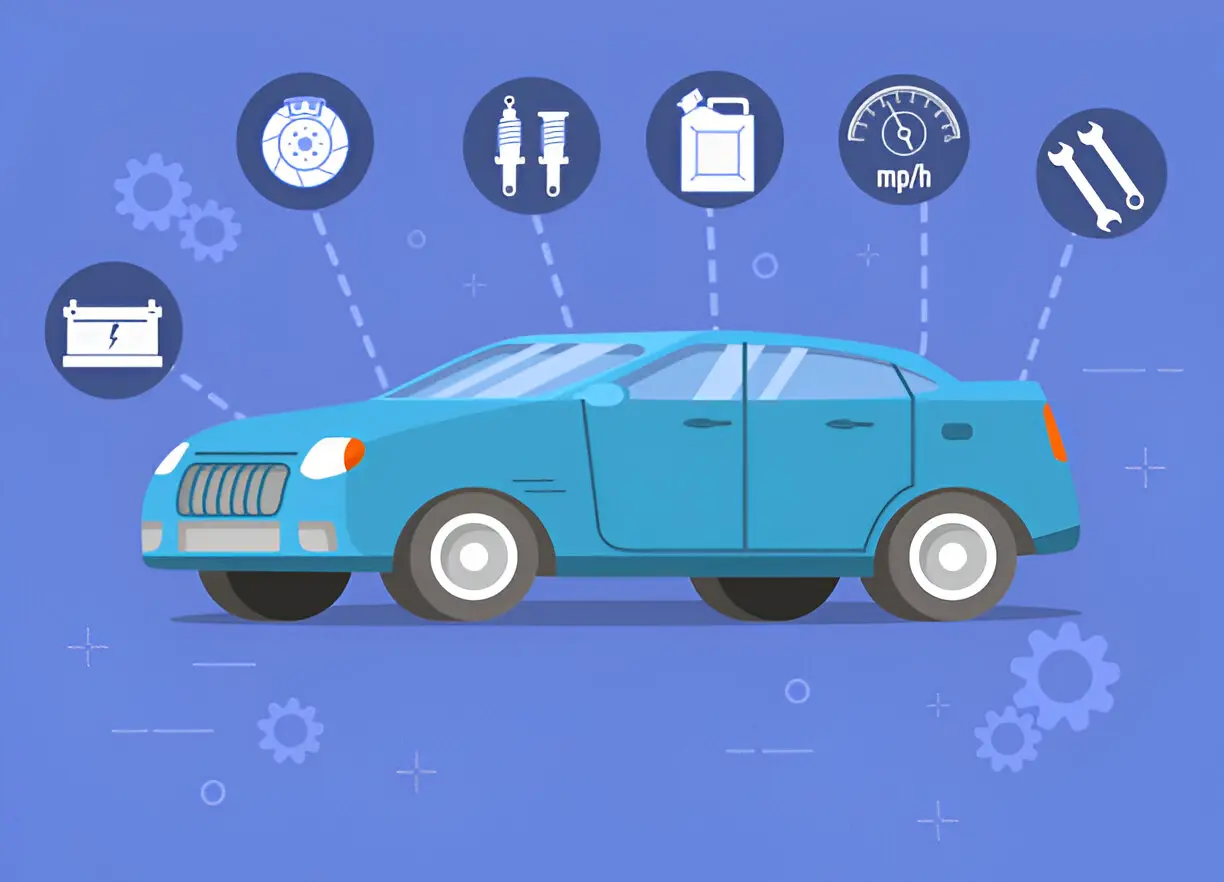7 Proven Ways to Boost Automotive Efficiency Today
Introduction
In an era where environmental concerns and rising fuel costs dominate headlines, optimizing automotive efficiency has become more crucial than ever. Whether you’re a daily commuter, an enthusiast, or a business fleet manager, small changes in vehicle care and driving habits can lead to significant savings and contribute to a greener planet. This article explores seven proven techniques that elevate your vehicle’s efficiency, maximize performance, and reduce your carbon footprint.
Understanding Automotive Efficiency
Automotive efficiency broadly refers to how effectively a vehicle converts fuel into motion and power, impacting fuel economy and emissions. It encompasses engine performance, aerodynamics, regular maintenance, and driving behaviors. Improving efficiency means reducing fuel consumption and lowering emissions without compromising the vehicle’s reliability or safety. With advancements in automotive technology and increased awareness of environmental impacts, many drivers now seek smarter ways to drive—not just faster.
Top Techniques to Improve Automotive Efficiency
Maintain Your Vehicle Regularly
Routine maintenance remains foundational for automotive efficiency. Simple steps like timely oil changes ensure your engine runs smoothly, reducing friction and wear that sap fuel. Checking and replacing air filters maintains proper airflow to the engine, optimizing combustion. Neglecting maintenance can cause engine sluggishness and poor fuel economy. Regular servicing also means timely tire rotations and brake inspections, which all contribute to overall vehicle health and efficiency.
Upgrade to Advanced Technologies
Modern vehicles often integrate cutting-edge technologies designed to enhance efficiency. Hybrid engines combine gasoline and electric power, significantly reducing fuel use in city driving. Turbochargers boost engine power while enabling smaller, more fuel-efficient engines to perform better. Electronic fuel injection precisely controls fuel delivery, improving combustion compared to older carbureted systems. If upgrading your vehicle, consider these innovations to gain efficient performance without sacrificing power.
Driving Habits That Save Fuel
How you drive can impact fuel efficiency dramatically. Maintaining a steady speed, especially on highways, reduces unnecessary fuel consumption caused by acceleration and braking. Using cruise control where appropriate keeps your speed consistent. Avoid idling for long periods, as it wastes fuel without covering any distance. Soft acceleration and braking help engines run more efficiently and prolong vehicle life.
Use Fuel Additives and Quality Fuels
Not all fuels are created equal—selecting high-quality gasoline can lead to cleaner engine operation and better mileage. Certain fuel additives help clean engine components, improving combustion efficiency and preventing deposits on fuel injectors. While additives are not a cure-all, they can complement regular maintenance and fueling habits to keep engines running optimally.
Keep Your Tires Properly Inflated
Tires significantly influence rolling resistance and therefore fuel consumption. Underinflated tires create more friction with the road, forcing the engine to work harder and burn more fuel. Regularly measuring tire pressure and adjusting it to the manufacturer’s recommended level ensures smoother rides and improves gas mileage. Tire pressure should be checked monthly and before long trips.
Reduce Vehicle Weight & Drag
Extra weight demands more energy and fuel. Removing unnecessary items from your vehicle, especially heavy ones, can help improve efficiency. Additionally, modifications that reduce aerodynamic drag, such as removing roof racks when not in use or keeping windows closed at high speeds, help the vehicle cut through air resistance effortlessly. Good aerodynamics is a key factor in highway fuel economy.
The Emerging Role of Digital Solutions in Automotive Efficiency
In today’s digital age, apps and onboard telematics systems offer drivers real-time feedback on driving patterns, fuel consumption, and vehicle diagnostics. These technologies empower users to make data-driven decisions about maintenance schedules and fuel-efficient driving. For example, some apps analyze routes to recommend the most fuel-saving paths and alert drivers to excessive idling or harsh braking.
The Intersection of Lifestyle Choices and Automotive Efficiency
Enhancing automotive efficiency isn’t limited to mechanical or driving adjustments. Lifestyle choices such as carpooling, combining errands into a single trip, or opting for public transportation for part of your commute significantly reduce overall fuel consumption. Interestingly, just as niche marketing strategies like “casino no deposit bonus Germany” target specific audiences online, personalized lifestyle choices target efficiency goals in everyday life, demonstrating the diverse ways we can connect interests and practical benefits without direct promotion.
Conclusion
Boosting automotive efficiency is a multifaceted effort involving maintenance, technology adoption, driving habits, and mindful lifestyle choices. By integrating these proven strategies, drivers not only save money but also contribute to a more sustainable future. Whether you drive a compact car or a high-performance vehicle, adopting these efficiency tips can have an immediate and lasting impact.
Also Read-How to choose a catalytic converter when replacing: original, analog or universal version

